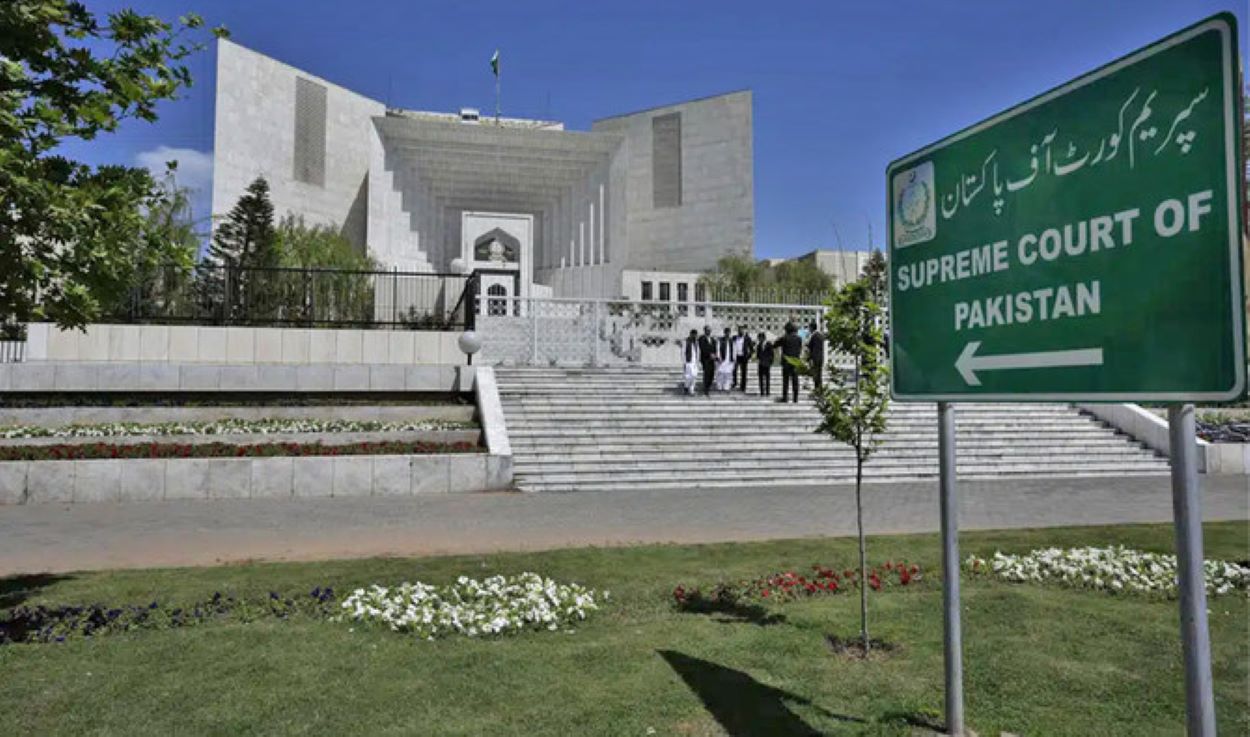On Tuesday, the Supreme Court of Pakistan raised serious constitutional questions about the federal government’s power to distribute super tax revenue to provinces.
A five-member bench, led by Justice Aminuddin Khan, began hearing a case challenging the super tax’s legality and allocation. This debate could reshape how tax funds are managed in Pakistan.
Justice Jamal Khan Mandokhail asked a key question: Does the Constitution allow the federal government to share super tax revenue whether it’s Rs8 or Rs8 trillion—with provinces? Senior lawyer Makhdoom Ali Khan argued that income tax, including the super tax, is collected without specific allocation and flows into the national treasury. He pointed to the 1973 Constitution, stating that tax proceeds aren’t meant for provinces unless explicitly stated.
What Is the Super Tax?
Makhdoom provided context: The super tax, launched in 2016, aimed to fund rehabilitation for displaced persons. It was extended in 2017 and became permanent in 2019. Yet, no funds have been used for this purpose, raising transparency concerns. He also noted a distinction between income tax and super tax, citing Section 113 of the Income Tax Ordinance, which governs minimum income taxes.
Read: IMF Pushes Pakistan to Crack Down on Real Estate Tax Evasion
Additional Attorney General Hafiz Ahsan clarified that the case isn’t about fund distribution yet, and no court orders have addressed it. Justice Aminuddin Khan asked Makhdoom how long he’d need to finish his arguments. The lawyer said he’d aim to conclude by Thursday. The court adjourned the hearing until Wednesday, with more arguments to come.
This case could redefine federal-provincial tax-sharing rules in Pakistan. The decision may affect fiscal policies and resource distribution, precedenting future disputes.






